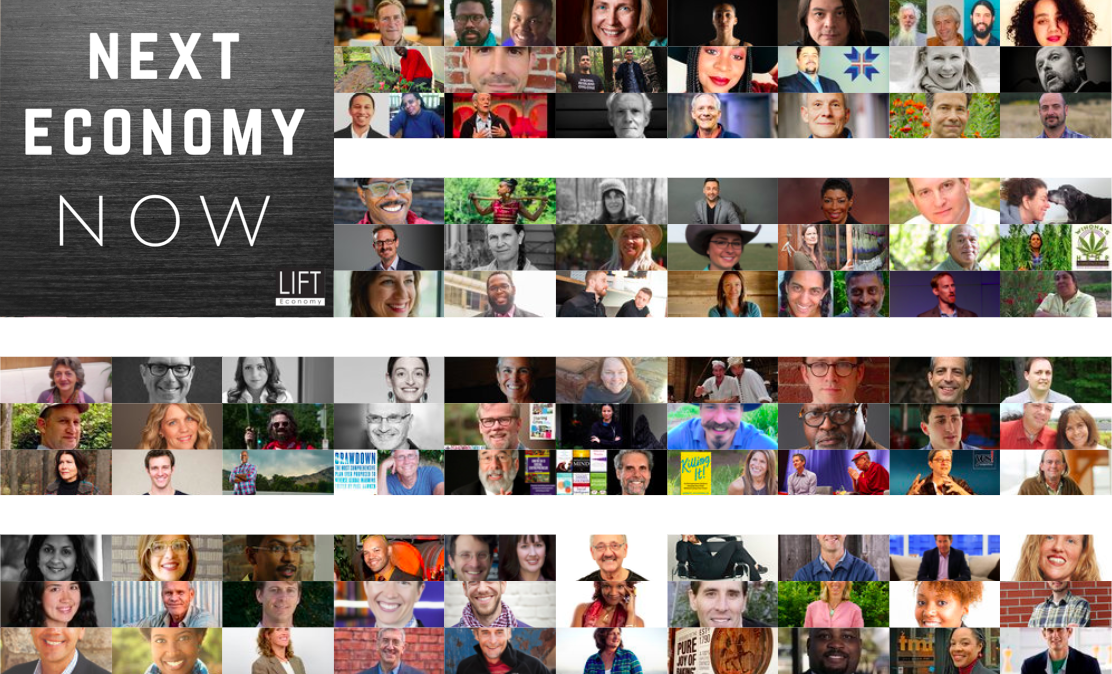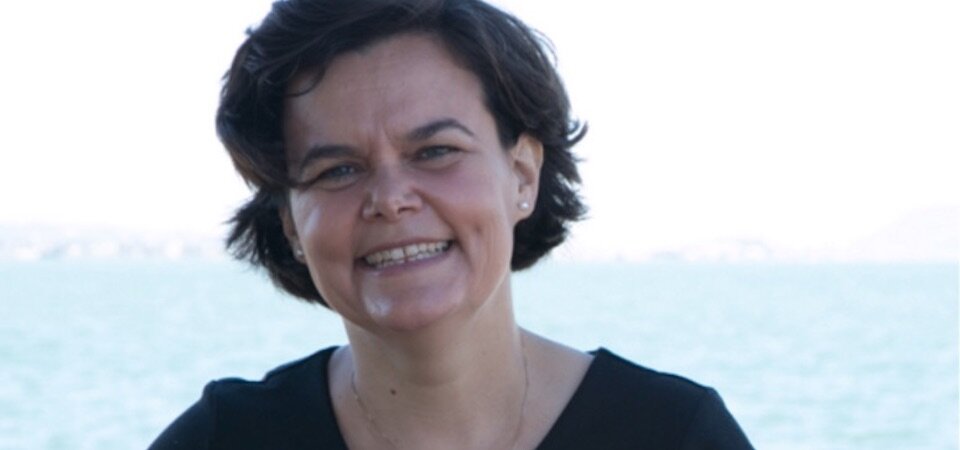Next Economy Now highlights the leaders who are taking a regenerative, bio-regional, equitable, transparent, and whole-systems approach to using business as a force for good.
SUBSCRIBE & RATE us on iTunes, Spotify, Pandora, YouTube, or anywhere you find podcasts!
A former Associate Partner with McKinsey & Company, Frédéric Laloux holds an MBA from INSEAD, and a degree in coaching from Newfield Network in Boulder, Colorado. He has traveled widely and speaks five languages fluently. Frédéric Laloux works as an adviser, coach, and facilitator for corporate leaders who feel called to explore fundamentally new ways of organizing. His work draws on two strands: his deep understanding of the inner workings of organizations, and his longstanding fascination with the topic of human development and his own joyful journey of personal and spiritual growth. His research in the field of emerging organizational models, published in his book Reinventing Organizations, has been described as “groundbreaking” and “a leap in management thinking” by some of the most respected scholars in the field of human development and management. The book focuses on how a currently emerging, new form of consciousness is bringing forth a radically more soulful, purposeful, and productive management paradigm.
Some highlights from our interview include:
A brief overview of the concepts and inspiration behind Reinventing Organizations
What Laloux would change if he could write the book over again today
What is was like for Laloux to present his findings to the Dalai Lama
How the election of Donald Trump has affected Laloux’s worldview
The book he most often gives as a gift
What’s next for him in the next 6-12 months
Resources:
Reinventing Organizations Wiki
Translations of Reinventing Organizations
Enlivening Edge: News from Next-Stage Organizations
The Center for Nonviolent Communication
Videos:
Presenting the ideas of Reinventing Organizations to His Holiness the Dalai Lama
A talk, followed by Q&A, by Frederic Laloux about Reinventing Organizations
Books:
Sacred Commerce: Business as a Path of Awakening – Matthew & Terces Engelhart
The More Beautiful World Our Hearts Know Is Possible – Chapter 1: Separation – Charles Eisenstein
Sacred Economics: Money, Gift and Society in the Age of Transition – Charles Eisenstein
Flash Ball & Money Boys – Michael Lewis
Let Your Life Speak: Listening to the Voice of Vocation – Parker Palmer
Working Identity: Unconventional Strategies for Reinventing Your Career – Herminia Ibarra
Organizations Modeling Teal Characteristics:
In addition to listening on B the Change Media, you can listen/subscribe to Next Economy Now on iTunes, Overcast, Stitcher, or your favorite podcasting platform.
Ryan Honeyman is a Partner at LIFT Economy and author of The B Corp Handbook: How to Use Business as a Force for Good (Berrett-Koehler Publishers). LIFT Economy is an impact consulting firm whose mission is to create, model, and share a locally self-reliant economy that works for the benefit of all life. You can follow Ryan on Twitter @honeymanconsult or email him ryan@lifteconomy.com.









































